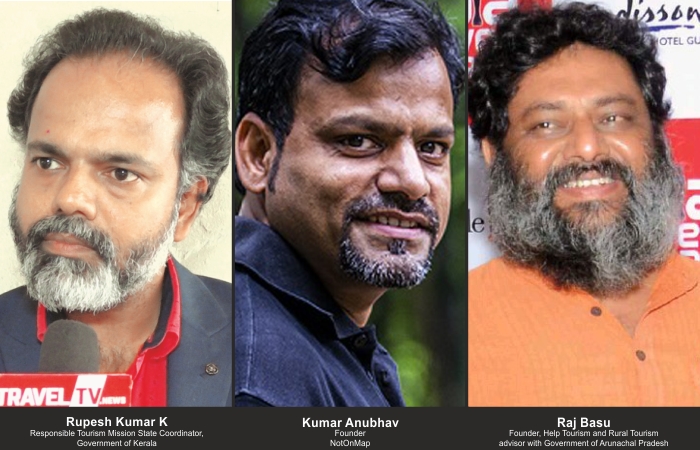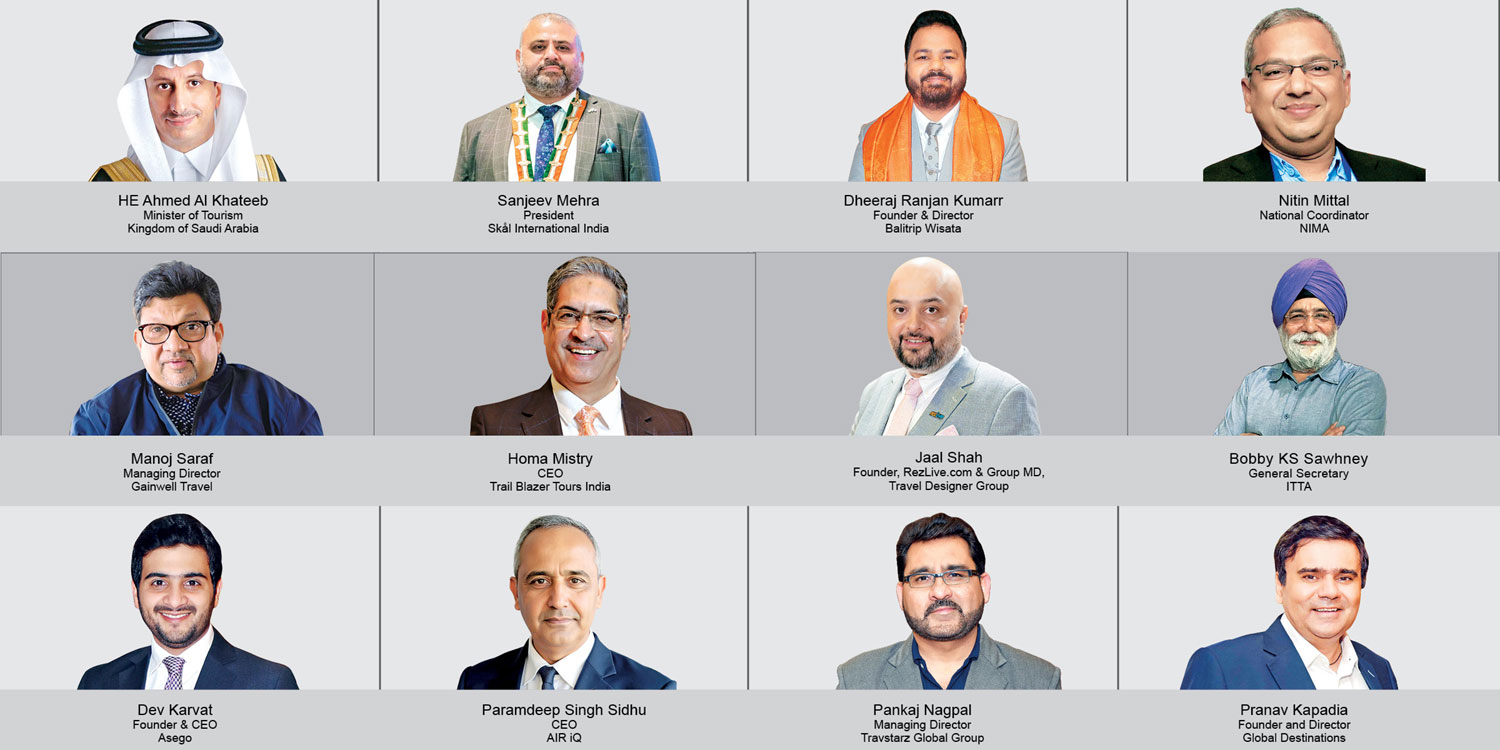Help Tourism and NotOnMap, in association with International Centre for Responsible Tourism, have launched an ingenious project to aid rural areas in managing the crisis efficiently. Aptly named ‘Project TraVival – Training for Travel Revival’, it helps train rural tourism stakeholders in the sector’s recovery, while periodically auditing the progress made.
Manas Dwivedi
With this project, the team behind ‘Project TraVival- Training for Travel Revival’ is coming up with a series of 150+ training videos in over 18 regional languages divided in 12 modules for homestay owners, village panchayats, teachers/youth and women of villages, as well as travellers across India, thus covering all stakeholders of rural tourism in India. The entire training will be kept as open source, free of any expenses, and aim to touch around 1,00,000 villages in India in the next one year. The project is an outcome of three months of continuous efforts after conducting more than 30 webinars involving over 2000 community members and around 50 organisations from across 17 states in India.
NotOnMap is a sustainable and socially-driven initiative with an aim to empower local rural communities by helping them capitalise on their untapped culture and heritage value. It realised the need for such a project in these times for rural pockets, and created a think tank from the industry to came together to conceptualise, design and execute the project. These modules have been designed by subject matter experts.Rupesh Kumar K, Responsible Tourism Mission State Coordinator, Government of Kerala; Raj Basu, Founder, Help Tourism and Rural Tourism advisor with Government of Arunachal Pradesh; ArunChandan, Regional Director, RCFC North from AAYUSH Ministry, civil society DA (Development Alternative); and Sachin Kumar, expert in Green livelihood and impact evaluation, are some of the domain experts who have been an integral part of creating the content.
“Merely informing these rural communities about government regulations and sustainability practices to be followed may not be sufficient, rather, these are the people that need actual hand-holding,” says Kumar Anubhav, Founder, NotOnMap.
Project TraVival will also incorporate ‘develop and deploy’ to ensure ‘minimum service expectation’ from community and travellers alike through training. Post that, there will be a certification and periodical audits to ensure that all the training imparted in the past is being followed. “What we did to establish the basic principles of sustainable and responsible tourism practices in the last 15 years in Kerala, we aim to do across India,” adds Rupesh Kumar.
“Training content will aim to sensitise travellers about their duties and respect they should show while they explore any rural pocket in India. Homestays should not be taken as cheaper or budget options for travellers; someone opening their personal space to strangers is no less than luxury,” says Basu.
 TravTalk India Online Magazine
TravTalk India Online Magazine





